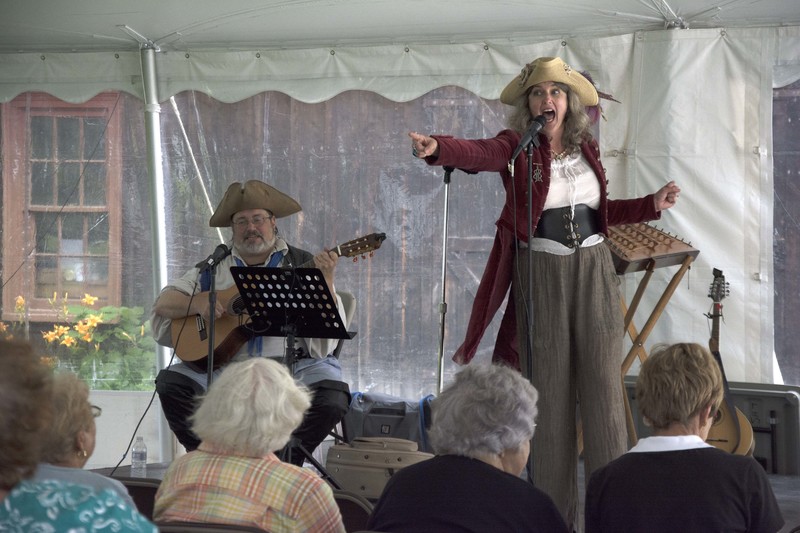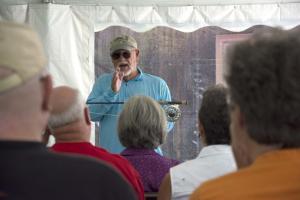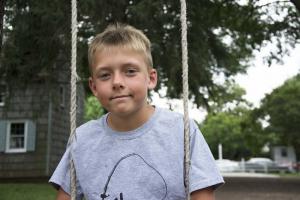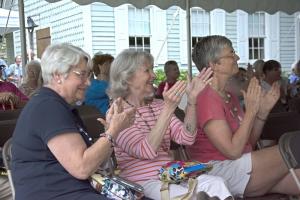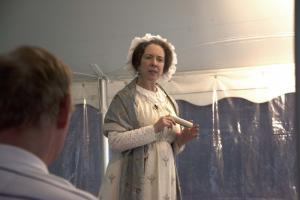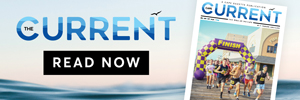Tent Chautauquas began during the late 19th century in Lake Chautauqua, N.Y. In an attempt to “educate the masses,” teachers, musicians, preachers and specialists would visit the tents and provide lectures and performances for the nation’s rural and small town populations. Eventually the technique died out, but Tent Chautauquas were soon reborn in the 1970s. From June 21-25, Lewes hosted its 17th annual Tent Chautauqua for locals and visitors.
Created by a co-sponsorship between the Lewes Historical Society and the Delaware Division of Historical and Cultural Affairs, and partially funded by a grant from the Delaware Humanities Forum, a state program of the National Endowment for the Humanities, this year’s Tent Chautauqua did not disappoint. “We probably see anywhere from 350 to 500 people per day,” said site supervisor Bridget Warner. The theme this year was Discovering Delaware’s Past, and although the weather was not the most cooperating factor, Warner and her co-workers created a fun-filled event for every age.
“We try to get as many Delaware-related speakers as we can,” said Warner, and with about five to six speakers per day, the tent show covered a variety of topics. Historical lessons, such as those from Laura Shcarle about the history of the U.S. Life-Saving Service in Delaware and the history of the C & D Canal from Michael Dixon were common, but practical demonstrations as well as entertainment dotted the schedule.
Every night, however, concluded with a live performance by actors from the American Historical Theatre. The actors, David Scott Taylor, Dr. Daisy Century, Christian Johnson and Kim Hanley, presented themselves as the prominent historical figures Gideon Olmstead, Phillis Wheatley, Governor William Newell and Abigail Adams respectively.
“The goal is to educate somebody,” said Warner. “Maybe teach them something they didn’t know, but do it in a more entertaining interaction than a textbook would be.”











